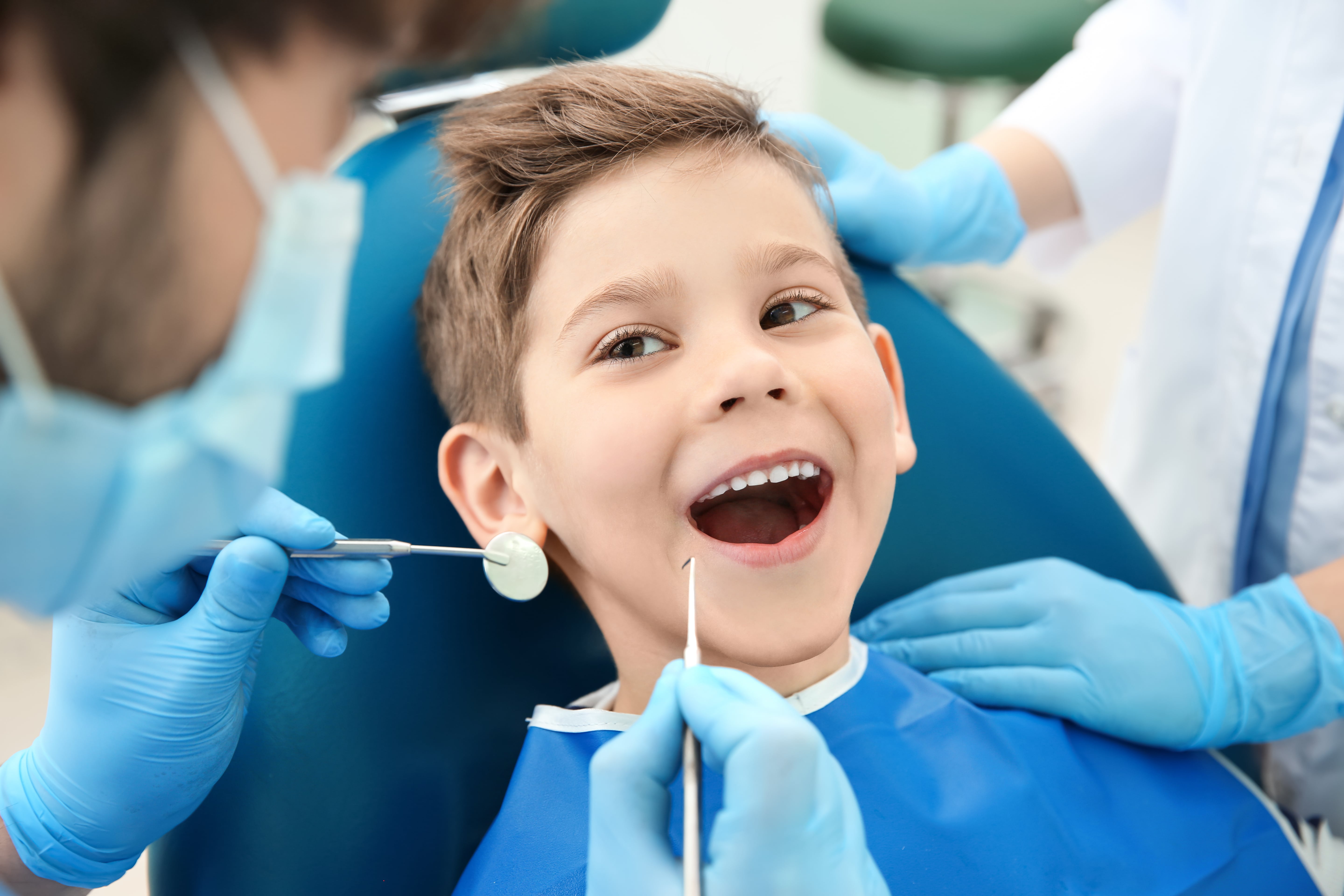The Essential Guide to Professional Oral Hygiene
Maintaining optimal oral hygiene is crucial for overall health and well-being. While daily brushing and flossing are essential practices, professional oral hygiene plays a pivotal role in preventing dental issues and ensuring that your smile remains bright and healthy. Regular visits to the dentist for cleanings and check-ups contribute significantly to your oral care routine, helping to identify problems before they escalate.
In our fast-paced lives, it can be easy to overlook the importance of professional dental care . However, understanding the benefits of these services can encourage better habits and improve your long-term dental health. This guide will explore the different aspects of professional oral hygiene, emphasizing why it is not just a luxury but a necessity for everyone looking to maintain a healthy mouth.
Understanding Oral Hygiene Basics
Maintaining proper oral hygiene is crucial for overall health. It involves more than just brushing your teeth; it includes a combination of practices designed to keep your mouth clean and free from disease. This encompasses daily routines such as brushing at least twice a day, flossing, and using mouthwash to eliminate bacteria. The foundation of good oral hygiene starts with understanding the importance of these practices in preventing cavities, gum disease, and bad breath.
One vital aspect of oral hygiene is the role of regular dental check-ups. Dentists provide professional cleanings and examinations to remove plaque and tartar buildup that regular brushing may miss. These visits are essential for detecting early signs of dental issues, allowing for timely intervention and treatment. A proactive approach to dental care significantly reduces the risk of more serious problems down the line, underscoring the need for routine visits to the dentist.
Additionally, diet plays a significant role in maintaining oral hygiene. Consuming a balanced diet rich in vitamins and minerals can strengthen enamel and support healthy gums. Limiting sugary snacks and beverages is equally important, as sugar can lead to increased plaque production and cavities. Staying hydrated and choosing foods that require chewing, such as fruits and vegetables, can stimulate saliva production, which naturally protects your mouth from bacteria. These elements combined create a solid foundation for maintaining optimal oral health.
Effective Daily Dental Care Routines
Establishing a consistent daily dental care routine is vital for maintaining oral health. Begin each day by brushing your teeth at least twice, ideally after meals. Use fluoride toothpaste and a soft-bristled toothbrush to effectively remove plaque and prevent cavities. Aim to brush for two minutes, ensuring that you reach all surfaces of your teeth, including the fronts, backs, and chewing surfaces. Don't forget to replace your toothbrush every three to four months to ensure optimal cleaning efficiency.

Flossing is an essential component of your daily routine that often goes overlooked. Floss at least once a day to remove food particles and plaque from between your teeth, where your toothbrush cannot reach. Use about eighteen inches of floss, winding it around your middle fingers and using a gentle sawing motion to glide it between your teeth. This practice helps to reduce the risk of gum disease and cavities, promoting overall dental health.
Finally, consider using mouthwash as a complement to your brushing and flossing routine. An antimicrobial or fluoride mouthwash can help reduce plaque, fight bad breath, and strengthen tooth enamel. Rinse with mouthwash for the recommended duration, allowing it to reach areas that may be difficult to clean thoroughly. Incorporating these steps into your daily dental care routine will significantly enhance your oral hygiene and contribute to a healthier smile.
Importance of Regular Dental Visits
Regular dental visits play a crucial role in maintaining optimal oral health. During these appointments, dental professionals can detect early signs of potential issues, such as cavities, gum disease, and oral cancer. Early intervention can prevent minor problems from escalating into more complex and costly treatments, ensuring that your smile remains healthy and radiant.
Moreover, dental visits provide an opportunity for personalized oral care advice. Dentists and hygienists can assess your specific needs and recommend tailored hygiene practices, products, and dietary changes to improve your oral care routine. This guidance is invaluable in helping individuals understand how to take better care of their teeth and gums at home.
In addition to preventive measures and education, regular dental visits often include professional cleanings. These cleanings help remove plaque and tartar buildup that regular brushing and flossing might miss. By clearing away these deposits, dental cleanings not only enhance the appearance of your teeth but also significantly reduce the risk of cavities and gum disease. Establishing a consistent dental care routine can lead to lifelong oral health benefits.